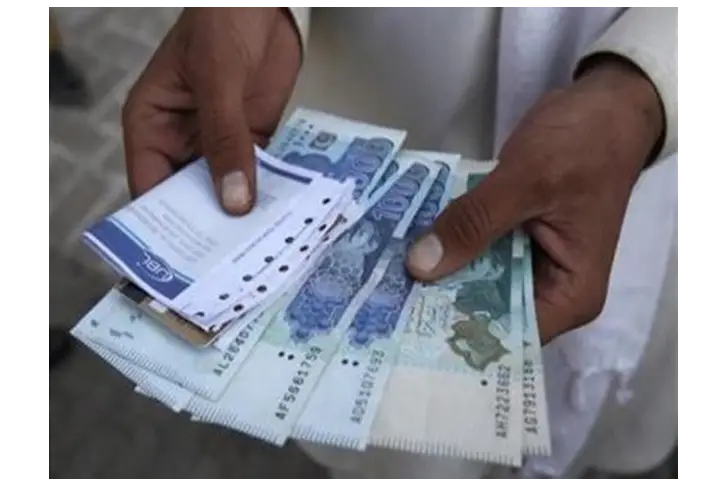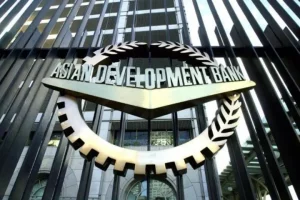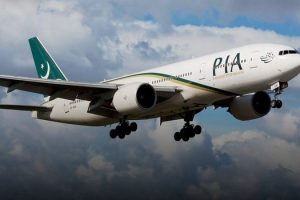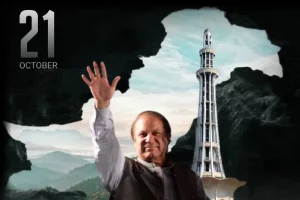The Pakistani rupee seems to be coming under pressure once again after showing some resilience. On May 7, the currency was pegged at over 186 to a US dollar. About a month ago — on April 7– it touched a historic low of 188 but since then the Pakistani rupee has been stabilising as the new government under Prime Minister Shehbaz Sharif resumed talks with the International Monetary Fund (IMF) and even the Gulf countries for a possible bailout package.
Though talks have been “progressing well” between Islamabad and IMF, it may take over a month for the deal to fructify. Besides, China has remained non committal about extending any financial assistance package to Islamabad.
To add to the problem, the country’s inflation rate rose to 13.4 per cent – the highest in two years, up from 12.7 in March, along with dwindling foreign exchange reserves and widening trade deficit, the rupee took a beating.
“Rupee has faced renewed pressure due to lack of progress following media reports about the government acquiring fresh bailout packages from friendly countries,” the Express Tribune quoted Abdul Rehman, Deputy Head of Research at BMA Capital as saying.
Amid debt servicing, Pakistan’s foreign exchange reserves are dropping. The country’s total liquid foreign reserves fell to $16.5 billion at the end of April from $16.6 billion in the previous week, the State Bank of Pakistan data revealed.
“Pakistan’s economic situation is worrisome with most macro-economic indicators showing a downward trend..let us also understand that the IMF loan will come through stringent riders which will bring more hardship for the common citizens,” an analyst with a rating agency told India Narrative.
Last week Murtaza Syed, an economist with IMF experience was appointed as the acting governor of the central bank.
“A lot will depend on him and his immediate actions will be scrutinised closely,” the analyst said.
The country's business community is keen to resume trade with India at the earliest to support the fast crumbling economy. However, sources said that resumption of trade between the two countries "will not happen immediately."
"Though there is pressure from the business community to resume trade with India, it is a political decision, we don't see that happening immediately," he added.
Pakistan received the $1 billion grant from the IMF under its $6 billion Extended Fund Facility (EFF). While in 2019, IMF agreed for a bailout package, it halted assistance in January 2020, after former Pakistan Prime Minister Imran Khan refused to increase electricity tariff and impose additional taxes as prescribed by the multilateral agency.
UAE set to help Pakistan's ailing economy–high level delegation to visit Islamabad




















